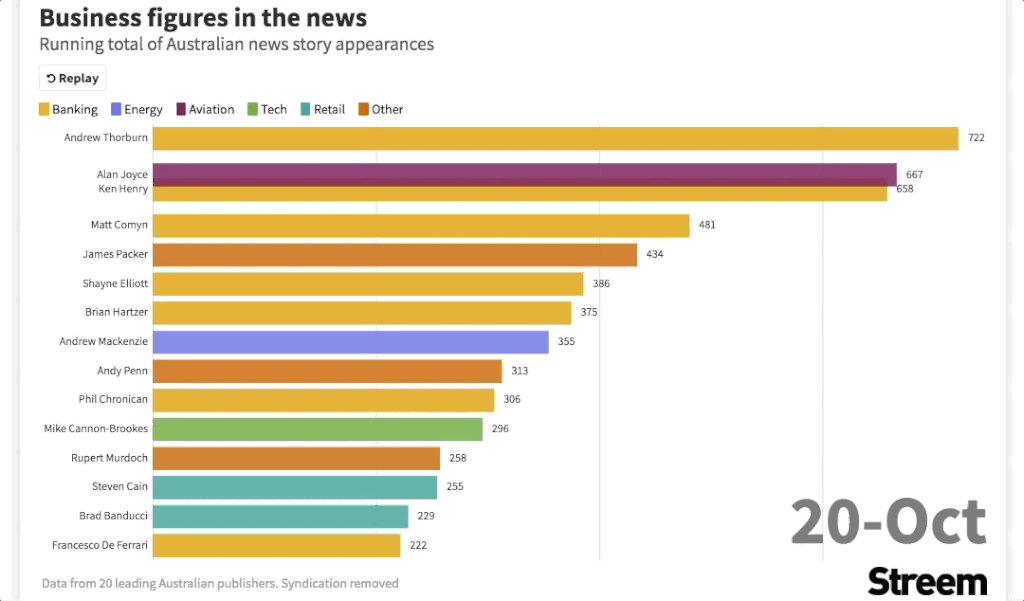Westpac financial adviser breaches bring $10m payout after ASIC action
Judge says Westpac ‘probably allowed the planner to operate outside the bounds of the law because it was profiting from the poor advice’.

Westpac will have to stump up $10m after the corporate watchdog won a case against the bank over its handling of a dodgy financial adviser who repeatedly shunted customers into the company’s own wealth management products.
The Federal Court on Thursday ordered Westpac to pay $9.15m for 22 breaches of the Corporations Act and the costs of the Australian Securities and Investments Commission, which launched the case in mid-2018.
ASIC had alleged Westpac was responsible for the conduct and poor financial advice of its former financial planner Sudhir Sinha, who repeatedly breached his duty to act in the best interests of his customers. The case was significant as it tested to what extent companies are responsible for dodgy advisers’ behaviour.
An investigation by the corporate watchdog has found the company was warned multiple times by internal reviews as far back as 2010 about Mr Sinha’s compliance issues, but the company failed to take action and continued to award the planner “high achievement” rankings until his dismissal in 2014.
Westpac reported Mr Sinha’s conduct to ASIC in 2015.
In a ruling on Thursday, Justice Michael Wigney said Westpac probably allowed the planner to operate outside the bounds of the law because it was profiting from the poor advice.
“It is tolerably clear that, at least prior to the commencement of the FoFA reforms, some officers or employees at Westpac were either unable or unwilling to terminate the services of a representative who achieved high achievement ratings and was plainly proficient and successful at promoting the financial products of Westpac and its associates,” Justice Wigney said.
Despite the multiple internal warnings, Justice Wigney on Thursday ruled Westpac had the upper hand in an argument about whether senior executives were aware of the behaviour of Mr Sinha.
“The evidence did not support an inference or conclusion that any senior officer of Westpac actually knew that Mr Sinha presented such a risk in July 2013 or thereafter, at least until Mr Sinha was suspended and in due course dismissed in late 2014,” Justice Wigney said.
However, Westpac was found to have breached twice laws obliging efficient, honest and fair dealings with customers.
Westpac had previously admitted it had contravened the Corporations Act in April and the decision on Thursday related to the size of penalties after the bank contested the exact number of breaches of the law.

ASIC deputy chair Daniel Crennan, QC, said Westpac failed to properly monitor and supervise the financial planner.
“This meant his customers were not provided with advice in their best interests,” Mr Crennan said. “ASIC brought this case as a result of Westpac’s suspected contraventions of the law and failures to observe its duties. The court has found that Westpac contravened the law in this regard,” he said.
Mr Sinha repeatedly pushed customers into products that were owned and manufactured by Westpac, even though the product may not have been in the best interests of his client. By doing this, Mr Sinha collected extra commissions and fees.
“That rather cosy arrangement turned out to be fruitful for both Mr Sinha and Westpac, but not always for their clients,” Justice Wigney said.
“Unfortunately for four couples, it was subsequently discovered that the recommendations that Mr Sinha made, and the circumstances in which he made them, were deficient and defective, both as a matter of process and in substance,” he said.
“That should not have been a complete surprise to Westpac because Mr Sinha’s less than satisfactory conduct as a financial adviser had previously come to the attention of certain senior officers of Westpac as a result of various internal compliance reviews, audits or investigations.”





